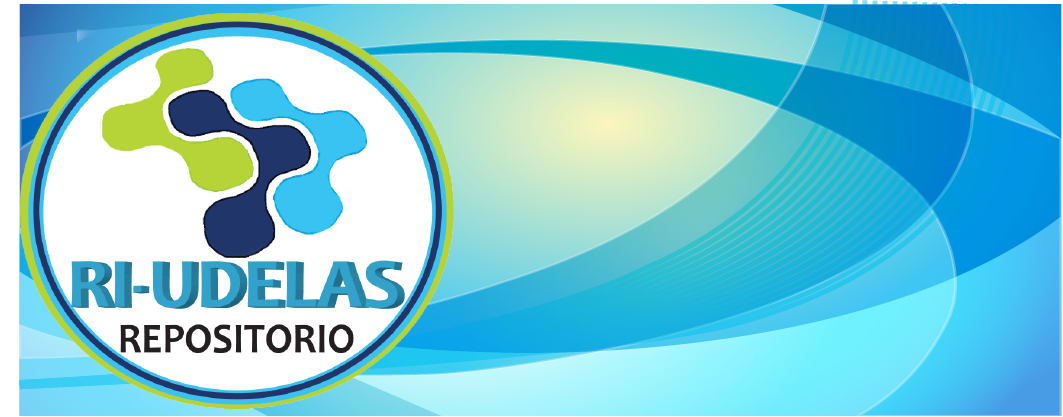| dc.contributor.author | Martínez, Atilio | |
| dc.creator | Martínez, Atilio | ES |
| dc.date.accessioned | 2022-03-22T14:32:29Z | |
| dc.date.available | 2022-03-22T14:32:29Z | |
| dc.date.issued | 2021-08-09 | |
| dc.identifier | https://revistas.udelas.ac.pa/index.php/karakol/article/view/156/208 | ES |
| dc.identifier.issn | 2710-7795 | |
| dc.identifier.uri | http://repositorio2.udelas.ac.pa/handle/123456789/620 | |
| dc.identifier.uri | https://revistas.udelas.ac.pa/index.php/karakol/article/view/156/208 | ES |
| dc.identifier.uri | https://doi.org/10.57819/JEVW-MX10 | ES |
| dc.description | This essay aims to present the different versions of the origin of the gunas through an analysis of the various terms such as dule, gunadule, gunadula, olodule, and gungidule. Our ancestors have identified us with these concepts as the gunadule people, a social group. Finally, we address how the guna people have spread and defended their collective knowledge through historicalmemory to highlight their values, ceremonies, therapeutic songs, and millennial struggle. | en_US |
| dc.description.abstract | El objetivo de este ensayo es para dar a conocer las diferentes versiones sobre el origen de los Gunas mediante un análisis de los diversos términos como lo son: dule, gunadule, gunadula, olodule y gungidule. Estos son conceptos que han sido manejados por nuestros ancestros y que nos identifican como el pueblo gunadule, un grupo social. Finalmente, abordamos cómo el pueblo Guna ha difundido y defendido su conocimiento colectivo por medio de la memoria histórica para así resaltar sus valores, ceremonias, cantos terapéuticos y su lucha milenaria. | en_US |
| dc.description.sponsorship | We sabga narmaglesa nabir anmar wisguega bia guna duledorgan danimala, we igar anmar amioe gayamar narmaggedse: Dule, gunadule, gunadula, olodule gungidule. We gayamar diggasurgus danimala, anmarga soge igi anmar dae gunadule guedgi. We sabgagi anmar sognabali igi gunaduledorgan edaedbin urwedimala. | en_US |
| dc.format | application/pdf | ES |
| dc.format | text/html | ES |
| dc.language | spa | ES |
| dc.publisher | UDELAS | en_US |
| dc.relation | https://revistas.udelas.ac.pa/index.php/karakol/article/view/156/208 | ES |
| dc.relation | https://revistas.udelas.ac.pa/index.php/karakol/article/view/156/html | |
| dc.rights | https://creativecommons.org/licenses/by-nc-sa/4.0 | en_US |
| dc.rights | info:eu-repo/semantics/openAccess | ES |
| dc.source | Vol.1, Núm.1 (2021); Revista Karakol | ES |
| dc.subject | historia oral guna | en_US |
| dc.subject | pueblo guna | en_US |
| dc.subject | memoria histórica guna | en_US |
| dc.title | La identidad guna | en_US |
| dc.type | info:eu-repo/semantics/article | ES |
| dc.type | info:eu-repo/semantics/publishedVersion | ES |

